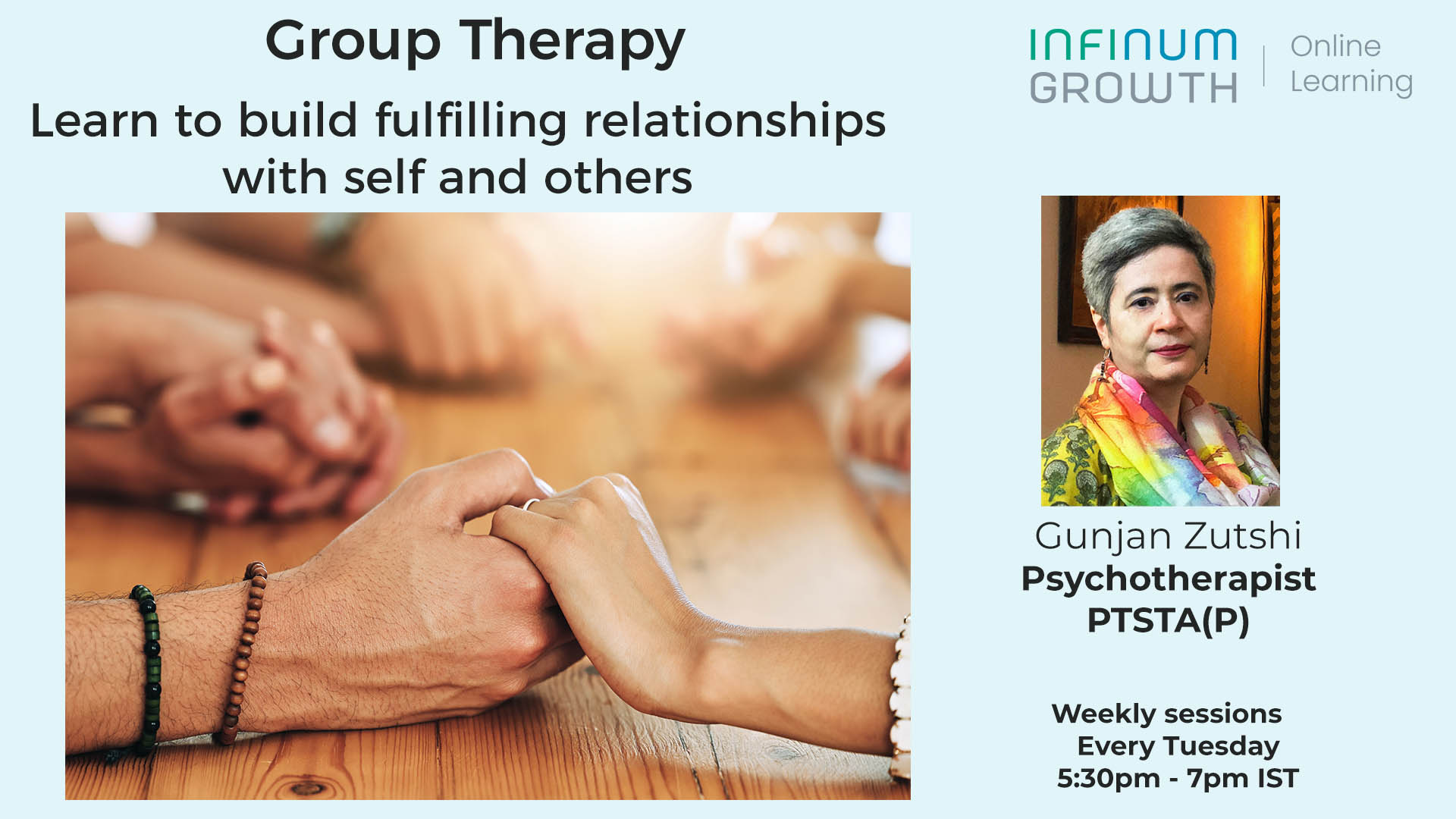“HR is dead here!”; sounds weird, but in today’s startup ecosystem, we often hear such comments.
HR folks! Startup founders!…….. do you agree?!! I agree to such comments to some extent. In my view, HR in startups, is evolving and is redefining the purpose of its existence, and the old clerical approach of HR is what is seen as “dead”.
HR responsibility has taken a shift from one of Conventional HR to more of Strategic HR.
Over the years, in many large organisations, HR had become a glorified administrative role – managing recruitments, enabling joining formalities and familiarisation, arranging training programs as per CEOs directive or departmental needs, managing appraisals, managing exits.
Very few companies had anything happening beyond that.
In the startup world, however, team management and enthusiasm is paramount.With salary and perks not often comparable to larger companies, it is the work atmosphere and its attraction that is key to employee morale and retention.
In Startups, the biggest challenge and role of HR, is and will, therefore be, in defining and establishing the Organisational Culture that enables employee enthusiasm and retention.
Startup Founders – Caught up in basics
Startup founders are generally too busy in getting the product built, finding customers to pay for it, meeting potential investors or planning the way ahead. Besides, not every one may have the past experience or skills to build and manage teams.
It’s a very fast paced environment. If a start up is not dynamic in nature, if it does not change along with the changing world and technologies, it will die. This naturally takes a huge toll on the founders.
So the tendency is to leave things to a laissez-faire situation, where the organisation slowly develops an unplanned (and often unwanted) culture purely based on the pushes and pulls of the work being done.
A start up environment is supposed to be “agile”,”cool”, ”free” but at the same time it also demands that its employees be individuals who are different, who keep challenging themselves to do more, who are ready to wear multiple hats, etc., especially in its founding days.Self motivation of the employees is a highly desirable trait.
Though start ups give employees a lot of “freedom” from regimentation, sustaining oneself as an employee in a startup environment is not everyone’s cup of tea.
Some employees, who are the right fit and are self motivated keep up to this spirit; but others who are either not the best fit or need support and hand holding start losing focus.
This in turn leads to disenchantment on either side and voluntary or forced exits. Startups typically cannot afford such situations since it sets them back both in terms of money and time.
HR must drive team engagement and commitment
This is where the relevance of a strong HR Leader/ Head or Chief People Officer comes up; Someone who
- Understands the business direction, values and priorities
- Proactively meets teams
- Talks to them about the vision, values and direction
- listens to employee needs
- works to build an open and strong workplace culture which drives the core values, vision and direction of the business
- focuses on employee development on work and personal skills and helps build their self confidence and motivation
- ensures recruitment of the right fit
- takes tough decisions on bad behaviour or performance and deals with issues quickly, professionally and effectively.
In essence, builds an organisational culture that drives employee commitment, productivity and engagement.
Building Organisational Culture
Culture is really the values, beliefs, customs and social behaviour of a particular set of people or society. Culture is also a double edged sword. It has the ability to make or break a community or an organisation.
In a startup, culture needs to be built with the founders first defining the core values, beliefs, organisational goals, work style and expectations from the team.
The HR leader must define the parameters or boundaries of the desired culture, design programs to build this culture, review and keep challenging it and ensure the desired culture is established and deep rooted.
To conclude, start-ups must bring on a Human-Resources Leader with the above capabilities, when any or all of the following situations happen
- they reach a count of at least 15 employees and are planning to add people
- they are product ready and are on the verge of hitting the market
- they have multiple functional teams, where personnel and inter- personal issues become complex enough to require specialised management skills.
This will ensure the founders are able to grapple with the business development while the development of a desirable organisational culture is happening in parallel to avoid execution issues as business grows.
Please do leave your comments at the bottom and do share with others if you like this article.



















Good views Sweta – Might want to add one of the key elements HR or Startups need to remember and incorporate is the “Growth Path” for their employees.
People join startups for multiple reasons – Equity / Passion / Growth – and as a company grows sometimes the core team is forgotten rather than being mentored into leadership positions;